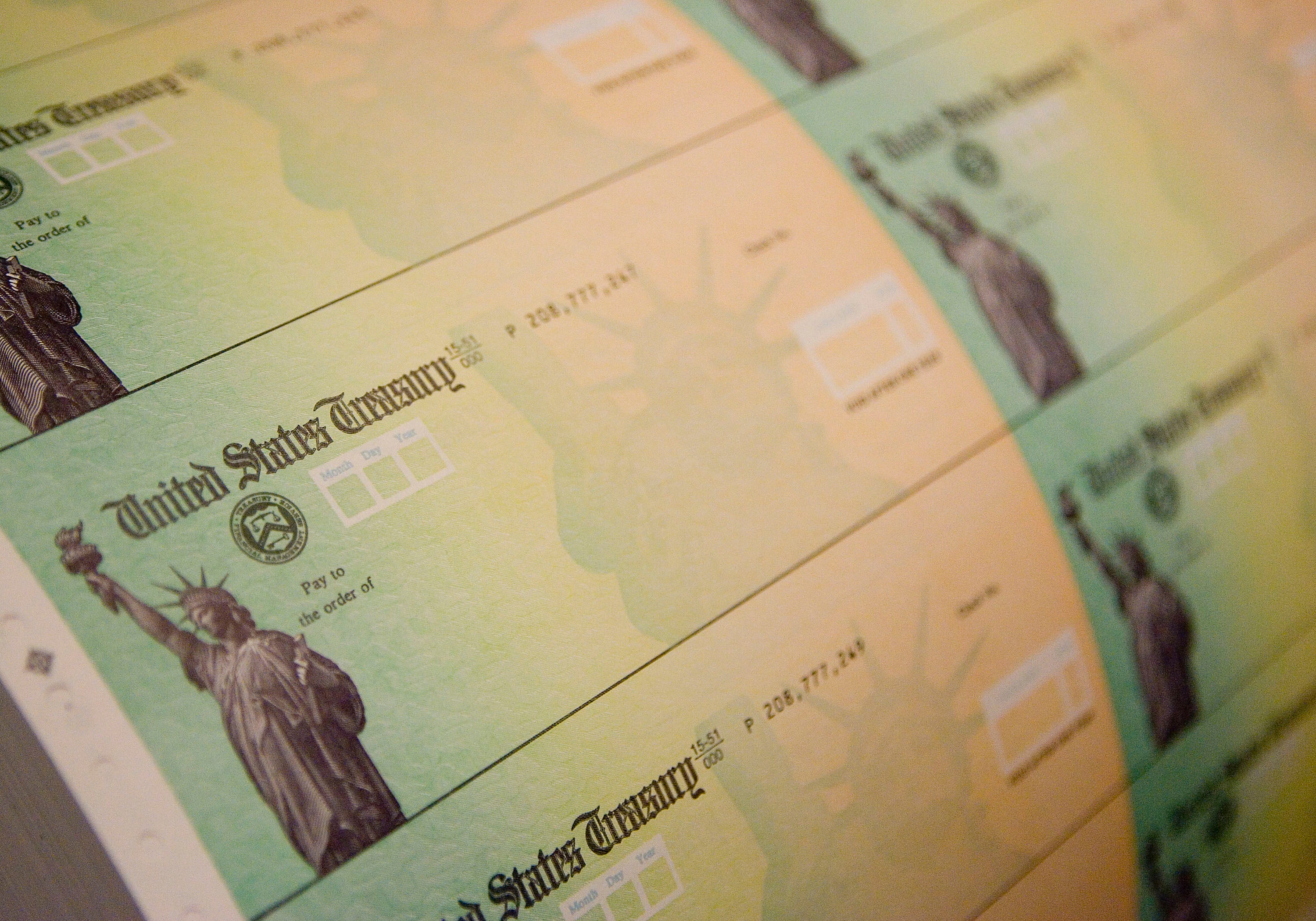Chicago suburb makes history with ‘reparations’ for Black residents
The plan is to distribute $10m over 10 years to help compensate Black residents for centuries of discrimination

Your support helps us to tell the story
From reproductive rights to climate change to Big Tech, The Independent is on the ground when the story is developing. Whether it's investigating the financials of Elon Musk's pro-Trump PAC or producing our latest documentary, 'The A Word', which shines a light on the American women fighting for reproductive rights, we know how important it is to parse out the facts from the messaging.
At such a critical moment in US history, we need reporters on the ground. Your donation allows us to keep sending journalists to speak to both sides of the story.
The Independent is trusted by Americans across the entire political spectrum. And unlike many other quality news outlets, we choose not to lock Americans out of our reporting and analysis with paywalls. We believe quality journalism should be available to everyone, paid for by those who can afford it.
Your support makes all the difference.A suburb in Illinois has become the first city in the United States to give out reparations – although not everyone agrees that’s what they should be called.
The City Council of Evanston, a suburb of Chicago, approved the measure in 2019, and is beginning to implement it now. The plan is to distribute $10m, raised from a 3 per cent tax on recreational marijuana, over 10 years to help compensate Black residents for centuries of discrimination.
“We are in a time in history where this nation more broadly has not only the will and awareness of why reparations is due, but the heart to advance it,” Robin Rue Simmons, the alderman who introduced the legislation, told NBC News.
The City Council has put forward a plan to spend the first $400,000 on housing. Black residents who can prove they faced housing discrimination in Evanston between 1919 and 1969 – or are descendants of someone who did – would receive a payment of $25,000, specifically for buying or improving a home.
The Council will vote on the plan on 22 March.
The year 1969 carries significance for Evanston. That’s when the city passed a fair housing ordinance, but local community organisations say the redlining and discrimination never really went away.
Ms Simmons says that’s why her legislation is needed.
“Reparations is the most appropriate legislative response to the historic practices and the contemporary conditions of the Black community,” the City Council membersaid. “And although many of the anti-Black policies have been outlawed, many remain embedded in policy, including zoning and other government practices.”
But some say the word “reparations” is inaccurate.
“We need to change the name of the current programme, because just having a housing programme is not reparations,” Sebastian Nalls, an organiser of the Facebook group “Evanston Rejects Racist Reparations,” told NBC.
Mr Nalls, 20, says Black residents should receive direct cash payments, and the housing funds allocated by the city don’t go far enough.
His Facebook group is even more blunt.
“The current proposal is inherently anti-Black, and we reject this bill as any form of reparations,” the group says in one post.
“The current bill proposed by the city of Evanston never went through a racial equality, anti-capitalist process,” it also says. “As a result, historically racist financial institutions like banks, corporations and various individuals, will profit from this proposal.”
The National African American Reparations Commission, a civil rights nonprofit, disagrees.
“This is reparations,” Ron Daniels, the Commission’s convener, told NBC. “The city of Evanston is in the process of making repairs for this special category of harm.”
Ms Simmons rejects the Facebook group’s arguments as well.
“We’re doing what we can within our purview as a municipal government,” she said.




Join our commenting forum
Join thought-provoking conversations, follow other Independent readers and see their replies
Comments